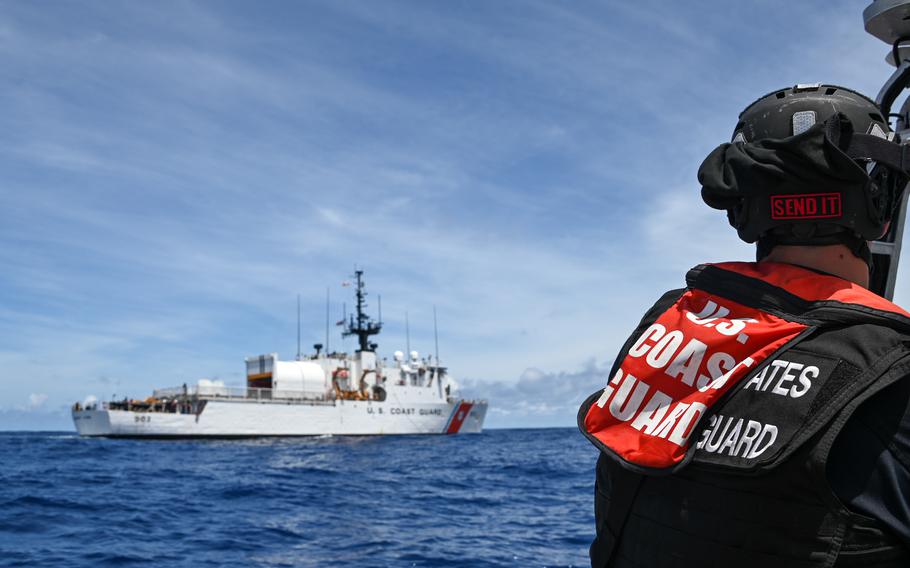The maritime industry continues to grapple with a persistent shortage of qualified mariners, impacting vessel operations across sectors. With rising wages, evolving regulatory requirements, and a constrained labor pool, securing experienced crew has become a critical challenge for vessel operators. While the U.S. Coast Guard (USCG) has implemented measures to streamline credentialing and ease entry barriers, a proactive approach to workforce management is essential to maintaining operational readiness.
Regulatory Adjustments to Alleviate the Shortage
In response to industry concerns, the USCG has introduced several policy changes aimed at increasing the number of available mariners:
-
Reduction in Sea Service Requirements for Able Seamen (ABs)
As part of a temporary measure in the National Defense Authorization Act for Fiscal Year 2024, the USCG has reduced sea service requirements for AB endorsements. The requirement for AB-Unlimited has been reduced from 1,080 days to 540 days, AB-Limited from 540 days to 360 days, and AB-Special from 360 days to 180 days. This adjustment, effective until December 2026, is intended to accelerate the transition of Ordinary Seamen (OS) into AB roles (USCG National Maritime Center). -
Streamlined Merchant Mariner Credentialing (MMC) Process
To expedite the credentialing process, the USCG now requires that approved training providers submit course completion data electronically within five business days. Additionally, the previous requirement for mariner applicants to take an oath before a notary or Coast Guard official has been removed, further reducing administrative barriers to entry (USCG Maritime Commons, 2024). -
Concurrent Sea Service Credit for Endorsements
The USCG has also introduced a policy allowing sea service to be credited simultaneously toward both Ratings Forming Part of a Navigational Watch (RFPNW) and Able Seafarer-Deck (AS-D) endorsements. This change facilitates a more efficient career progression for deck personnel, addressing shortages at multiple levels (USCG Merchant Mariner Credentialing Office).
Industry Challenges Persist Despite Regulatory Support
While these regulatory adjustments aim to expand the available workforce, they do not immediately resolve the operational challenges facing vessel owners. The demand for skilled mariners continues to exceed supply, with wages for ABs, mates, and engineers rising by more than 10% in the past year alone, according to industry reports (Danica Crewing Specialists, 2024). The competitive job market allows mariners to be more selective in choosing assignments, leading to increased turnover and staffing unpredictability.
Sansu Marine: A Strategic Crewing Partner
In this evolving environment, securing experienced and qualified mariners requires more than just compliance with regulatory changes—it demands access to a reliable talent pipeline. Sansu Marine specializes in connecting vessel operators with skilled mariners, ensuring operational continuity and compliance with evolving industry standards. Our extensive network and industry expertise allow us to provide tailored crewing solutions that align with your operational requirements.
For vessel operators navigating the challenges of the mariner shortage, having an experienced crewing partner is essential. Contact Sansu Marine today to discuss how our solutions can support your workforce needs and keep your operations running efficiently.

